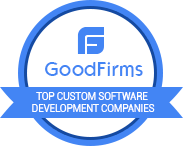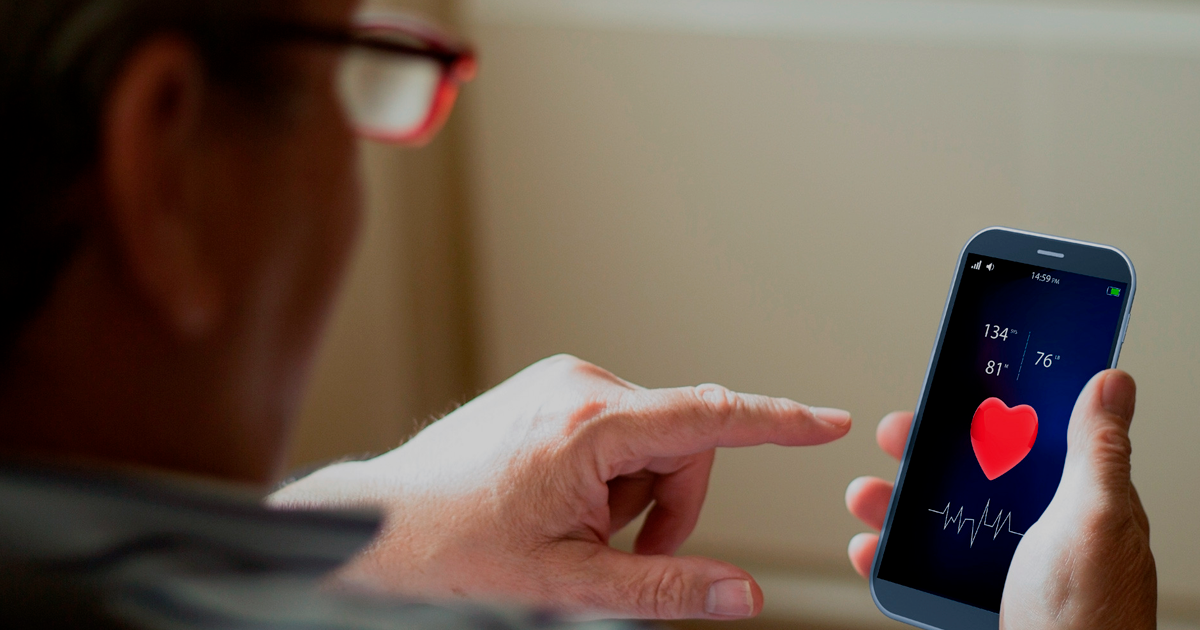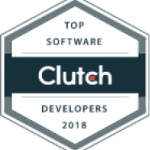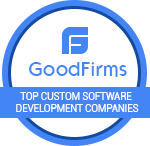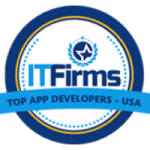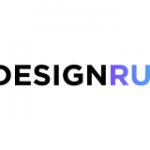Digital Health Trends: what will be in the focus in 2023

Digital Health Trends: what will be in the focus in 2023
Digital Health Trends: what will be in the focus in 2023
Medical technology is constantly evolving and finding new applications in healthcare. The industry is literally going through a digital transformation – new solutions and services emerge every year. What will the situation look like in 2023?
6 healthcare trends coming in 2023
- Global application of Telemedicine
The COVID-19 pandemic has pushed medical institutions around the world to use telemedicine services. Solutions that were used to be a niche offer have become one of the most popular and promising trends that will stay with us for a long time.
In the USA, the number of patients who switched to telemedicine has already increased by 50% compared to the pre-pandemic period. Obviously, in the near future patients will increasingly interact with doctors at a distance, diagnostics will be carried out using AI and the delivery of all necessary drugs will be contactless.
- Optimization of medical processes using IoMT and AI
The Internet of Medical Things (IoMT) is the network of Internet-connected medical devices, apps and hardware infrastructure used to connect healthcare information technology. IoMT improves and develops all the healthcare market and helps to provide care remotely and collect more information about the patient.
According to Accenture Study, three-quarters of healthcare executives believe that IoMT will revolutionize medicine in the next few years. The increasing mobility of hospital staff, speeding up patient data processing, reducing the risk of error and miscalculation due to the human factor, reducing treatment costs will be the the most important aspects in the coming time.
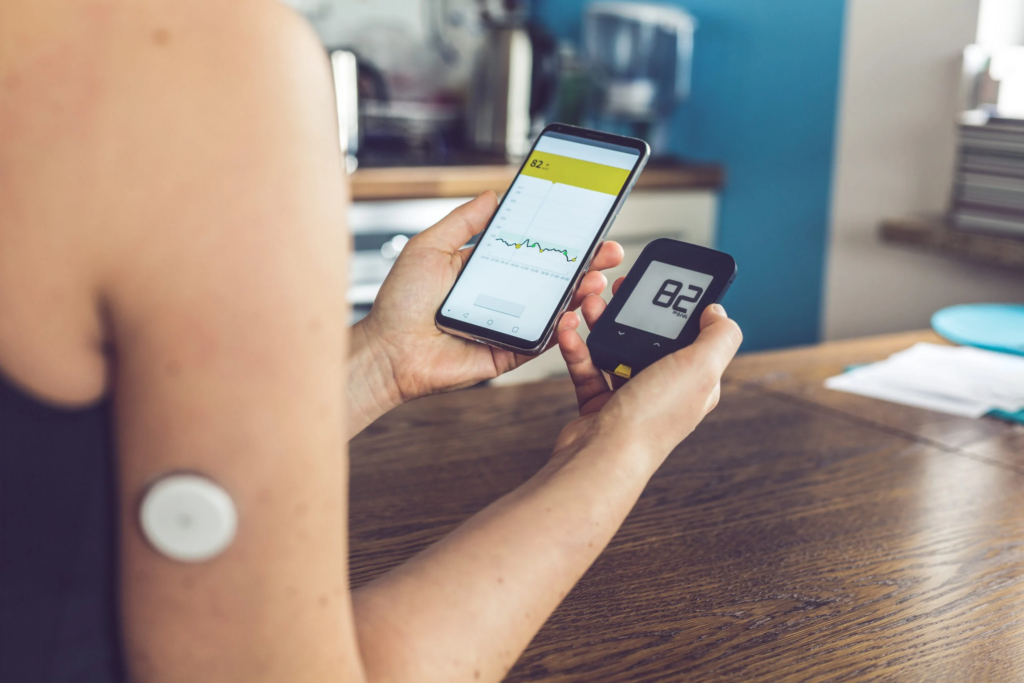
AI algorithms are also changing the medical world. They transform medical diagnostics, patient monitoring mechanisms and the development of new drugs. Despite fears that machines will displace humans, most experts believe artificial and human intelligence will work synergistically.
- Blockchain technology
Traditional mechanisms for health information exchange are not effective enough in modern healthcare. Most often, patients provide their past medical records to a new hospital themselves or re-take tests. This is inconvenient, and moreover, the absence of a medical history leads to incorrect treatment.
Blockchain implies new approaches to data storage and management systems. Blockchain segments and protects personal data and allows you to exchange information in a super secure and convenient way. This technology provides data integrity, security, availability and portability that are especially needed in public health.
- Robotics and automation
The first medical robots helped to carry out surgical operations using the technology of robotic hands. Now their range of tasks is much wider. For example, during the COVID-19 pandemic, robots prepare wards for patients and limit the number of personal contacts in infectious disease departments. AI robots can quickly identify drugs and distribute them among patients in hospitals.
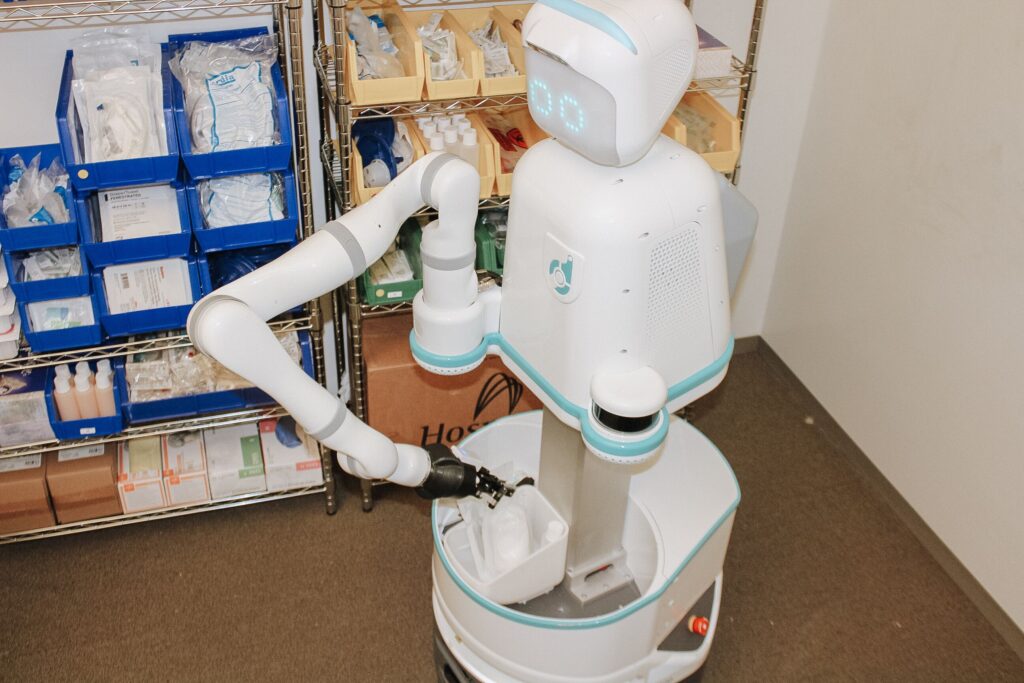
In the future, robots will work more and more autonomously. As a result, the quality of healthcare services will be significantly higher and doctors will be able to pay more attention to patients.
- Booming of VR
VR services have long gone beyond the gaming industry and found application in many other areas, including medicine. VR technology will be used for training doctors and patient recovery.
VR is perfectly applicable for teaching surgeons and it is also used in the rehabilitation of motor injuries, adaptation after a stroke and the fight against phobias.
- Brain-computer interfaces and assistive technologies
Brain–Computer Interfaces (BCI) are innovative systems that provide a direct connection between the human brain and a computer and they are actively used to restore the lost functions of the body. With the help of BCI and assistive technologies neurocontrollable prostheses are created and allow to move your limbs, for example, exoskeletons.
Are innovations in healthcare profitable?
The issues of prevention and treatment of diseases in the era of the pandemic have come to the fore. People are no longer putting off questions about health until the last. And right now, businesses can receive additional assistance from the government and investors for their achievements in this direction.
Today there are thousands of solutions for automation of healthcare and medical services, but not all of them survive in the markets. And the reason for this is simple: some of them are created in isolation from the needs of users. The product should solve a real problem, not an imaginary one. In order for the application to accurately find its fans, determine for which target audience you are developing it, what problem it will solve and also evaluate whether there are ready-made similar solutions in the market?
To find out professional opinion about feasibility of Digital Healthcare implementation, our team highly recommends you to visit Bionabu Health Entrepreneurship and Innovation Summit.
The UK’s leading Medtech entrepreneurs, innovators, professionals, and investors will come together in London to discuss possible pitfalls and challenges based on the real experience, to communicate with colleagues and find new opportunities to work and training.
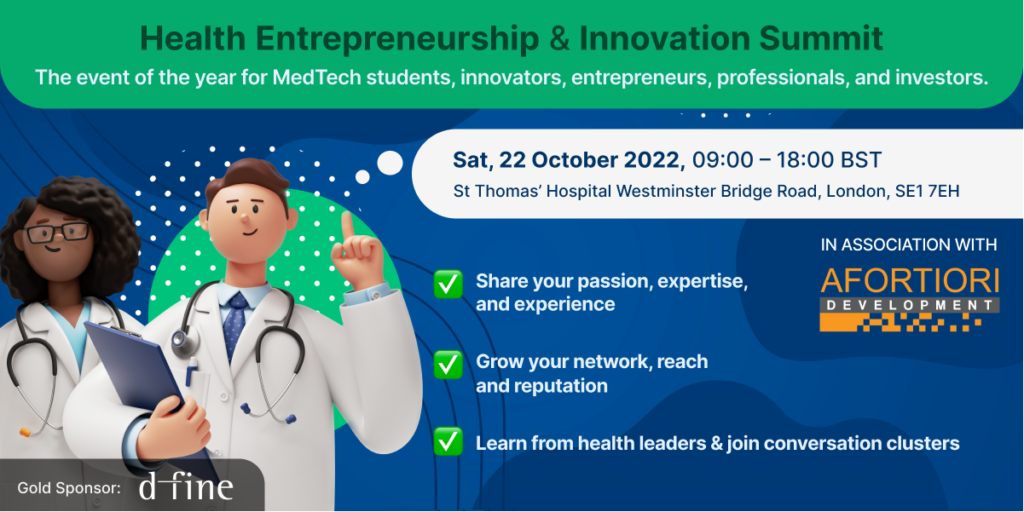
It will be really helpful training and awesome opportunity to interact with your peers from across the industry in an open, friendly and vibrant environment. Learn more about Bionabu Health Entrepreneurship and Innovation Summit and register HERE.
And what are the growth incentives of Medical Technology?
For first, patients are increasingly looking for information about the treatment of diseases and diets on the Internet, order home delivery of medicines, train using fitness applications, and are not hurry to consult doctors for help. There is a growing demand for PROVEN medical IT solutions that can provide doctors with consultations remotely. Such services are needed both the patients and doctors.
For second, doctors often face problems that can be solved or reduced by implementing suitable software. The possibilities of using IT in medicine are very broad: from electronic medical records to looking for diseases in CT and MRI scan systems and neutral networks using.
Lansoft team together with Bionabu healthcare professionals help your company find the most effective digital solution that arouses love of customers and lead to sustainable growth.
We are all on a mission to promote innovation in healthcare by removing barriers to access cost-effective niche expertise, increasing clinical robustness and supporting digital health companies with regulatory requirements to build robustly tested, innovative digital solutions.
Discover more

